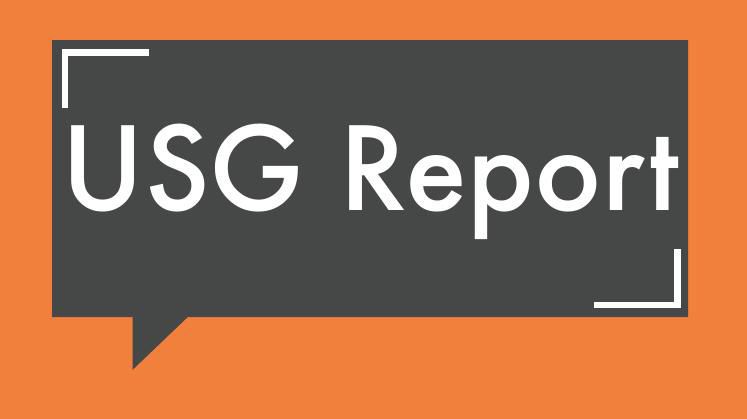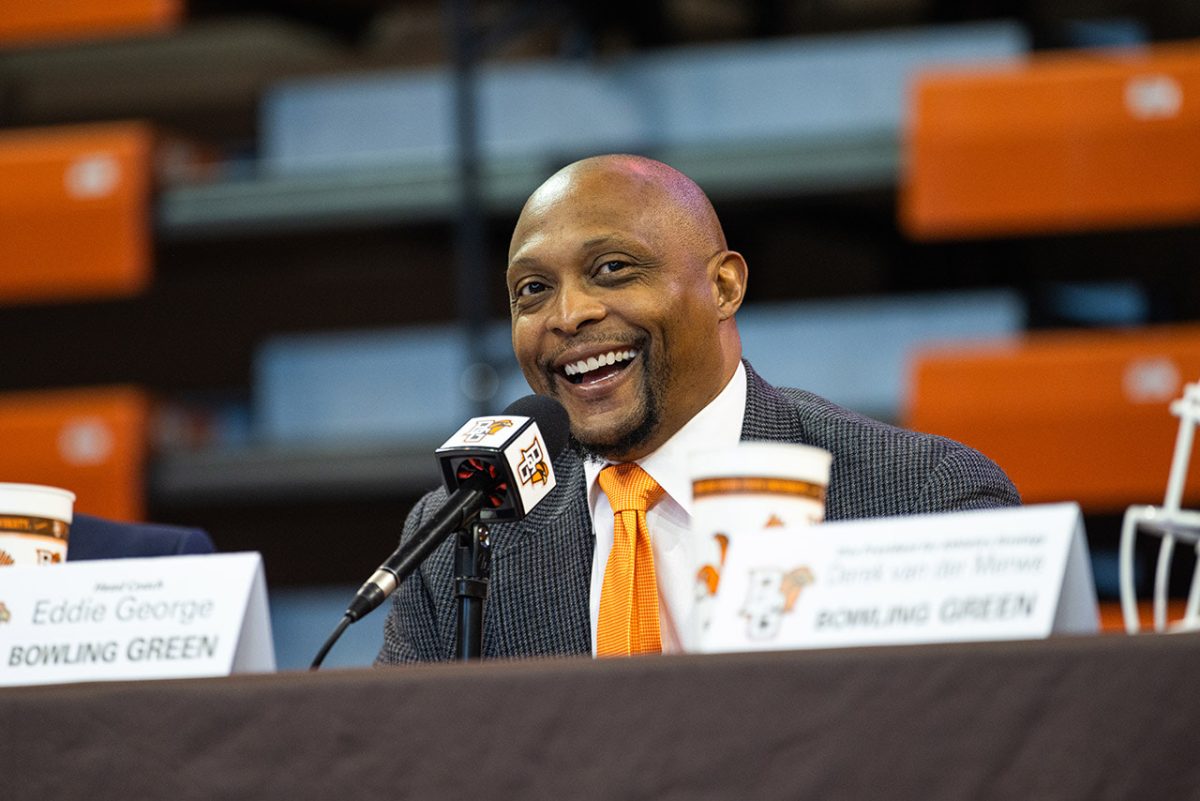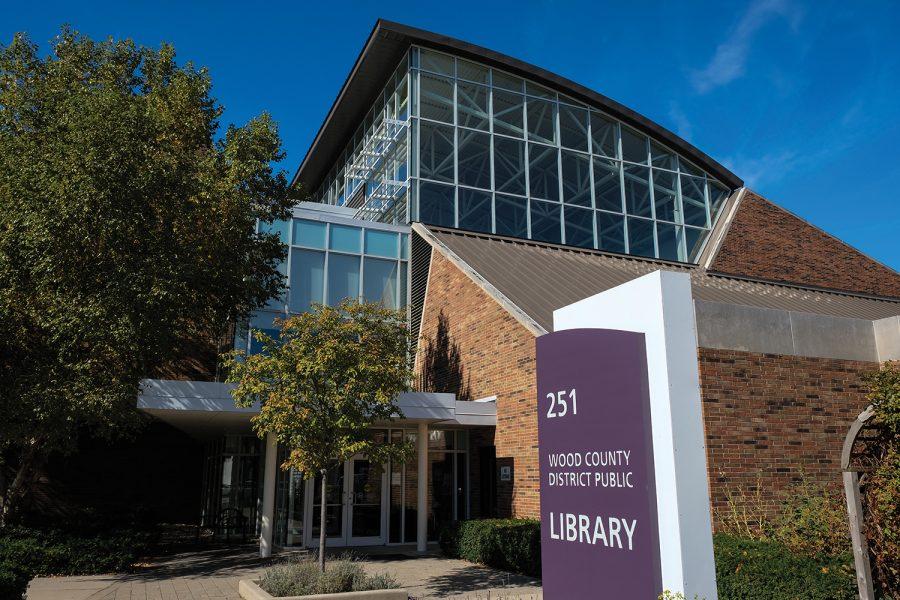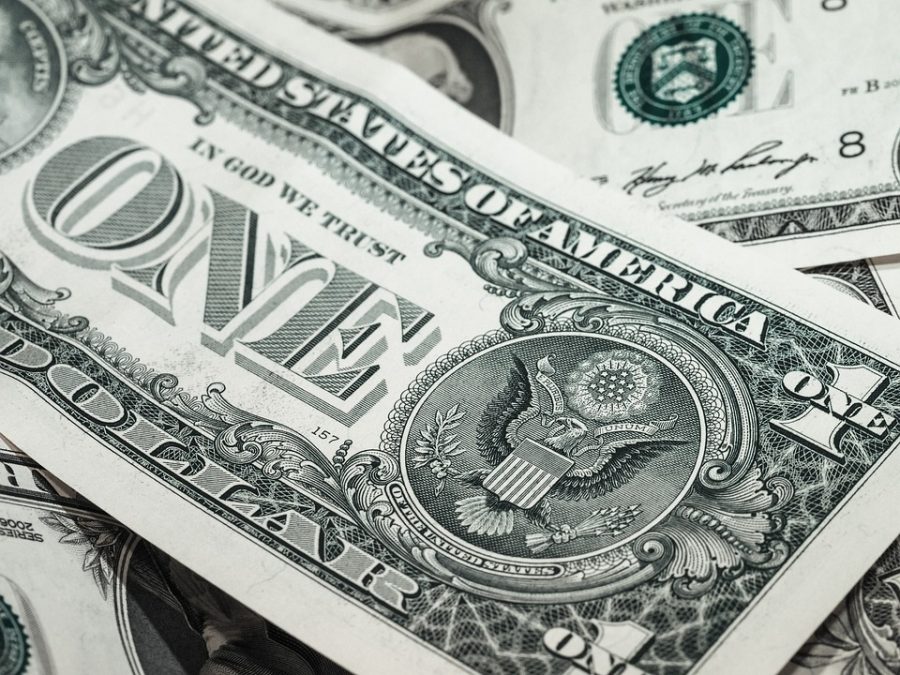The saying goes that money makes the world go round, but philosopher Dan Hausman thinks economics should be a guiding force of policy.
The Wisconsin-Madison professor was invited by the director of the philosophy, politics, economics and law (PPEL) program Kevin Vallier to present a talk titled “Should economics guide policy?” Hausman has authored many books and contributed to publications across the world, including The New York Times and the BBC.
“He’s one of the world’s leading experts in philosophy, politics type research, he’s maybe the most well known philosopher of economics,” Vallier said. “He’s a philosopher that asks questions about what economics does, what it can do and what it ought to do.”
According to Hausman, it seems generally intuitive that, given the state of the world being generally “a mess,” a comprehensive understanding of economics could help shape better policy. There exists a great number of economists that have say in policy-making.
Hausman traversed the current standing of economics in the public and political eye. He pointed out that many political think tanks will have a crew of economic advisors.
However, he questioned what he called “the queen status” of economics when used as such powerful evidence in the process of policy-making.
PPEL Club president Colton Veler recalled in an email an analogy Hausman provided, writing, “Predicting global economic trends (is) akin to asking a scientist to predict the time that a leaf will fall from a tree and where it will land. So many variables are in play, wind, biology, climate, ground conditions etc., such a prediction is hardly guaranteed to be accurate … Economists should not be the sole source of blame when predictions about very complex processes turn out to be incorrect.”
An active question and answer event followed the event.
Vallier wanted students to get “a sense of the complexities involved in using social sciences, like economics, to determine what public policy is.”
Miles McGrew, a PPEL club member, wrote later in an email, “Economists cannot afford to live by a moral code to present every conclusion they find. They are often constrained by their employers.”
McGrew felt “pained” by this fact of bias present in the economics profession.
The presentation came in lieu of the newly approved Philosophy, Politics, Economics and Law major by the University Board of Trustees starting fall 2016.
In the mean time PPEL club will meet to discuss reactions to Hausman’s talk on March 21.



















